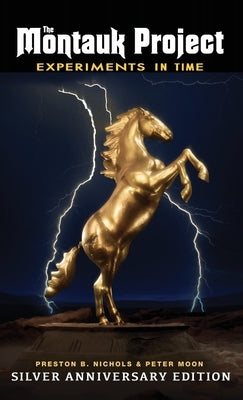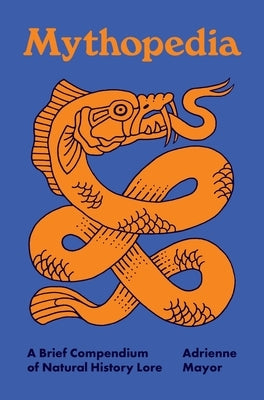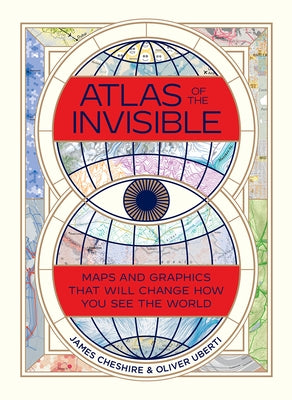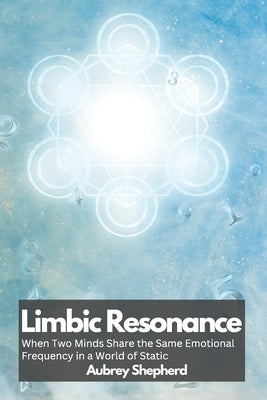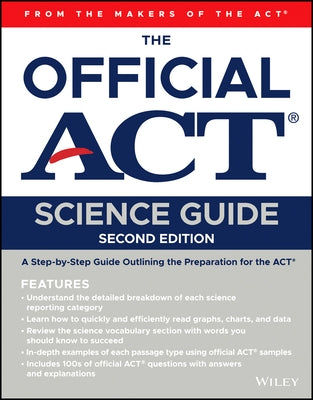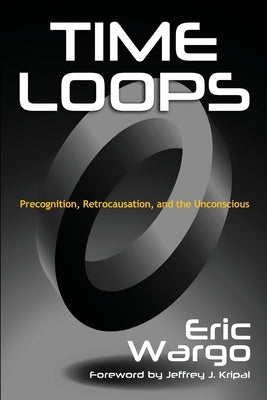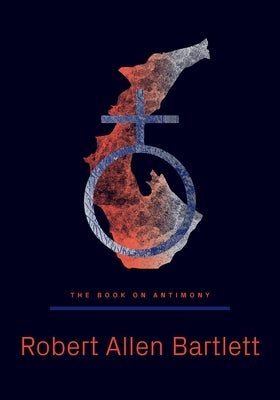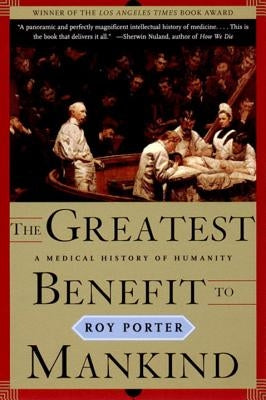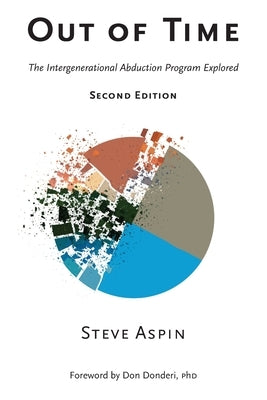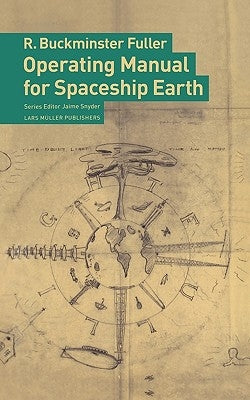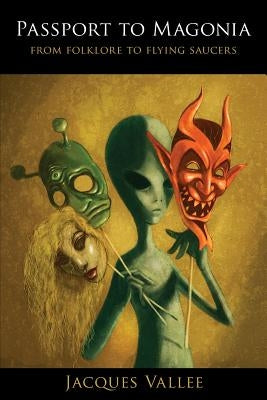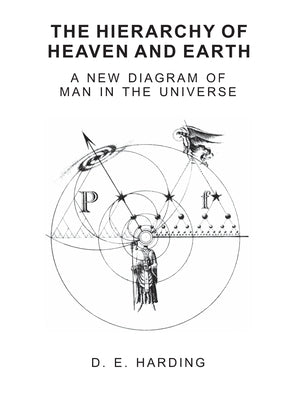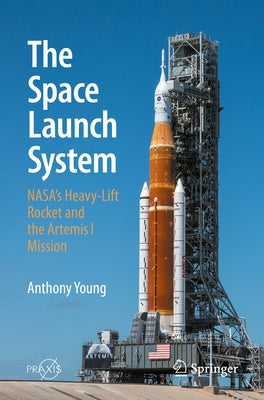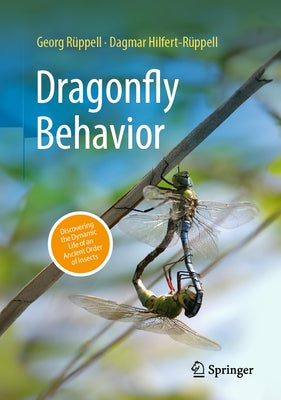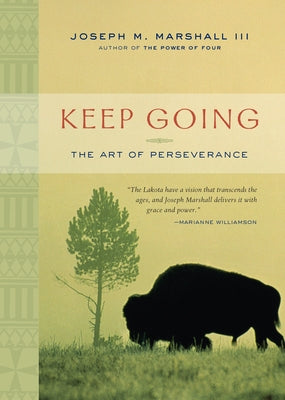National Geographic Birder's Life List and Journal
$16.99
$19.99
Roadside Geology of Tennessee
$18.99
$26.00
National Geographic Atlas of the World, 11th Edition
$161.99
$225.00
The California Naturalist Handbook, Second Edition
$25.99
$34.95
Mythopedia: A Brief Compendium of Natural History Lore
$12.99
$17.95
The Official ACT Science Guide
$15.99
$20.95
Fossils Playing Cards
$8.99
Fundamentals of Electrical Substations
$25.99
$29.99
The Book on Antimony: Dancing with the Black Dragon
$72.99
$79.00
Operating Manual for Spaceship Earth
$17.99
$24.95
Passport to Magonia: From Folklore to Flying Saucers
$22.99
$24.95
The Hierarchy of Heaven and Earth (unabridged)
$94.99
$95.00
Reason in Revolt: Marxist Philosophy and Modern Science
$21.99
$30.00
Hdbk Acceler Phy & Eng (3rd Ed)
$98.99
$99.00
Biobuilder: Synthetic Biology in the Lab
$48.99
$49.99
Plasma Physics and Fusion Energy
$116.99
$119.00
99 Ways to Die: And How to Avoid Them
$21.99
$30.00
Water Works: Eco-Social Design
$25.99
$35.00
Creative Machines: Ai, Art & Us
$25.99
$35.00

